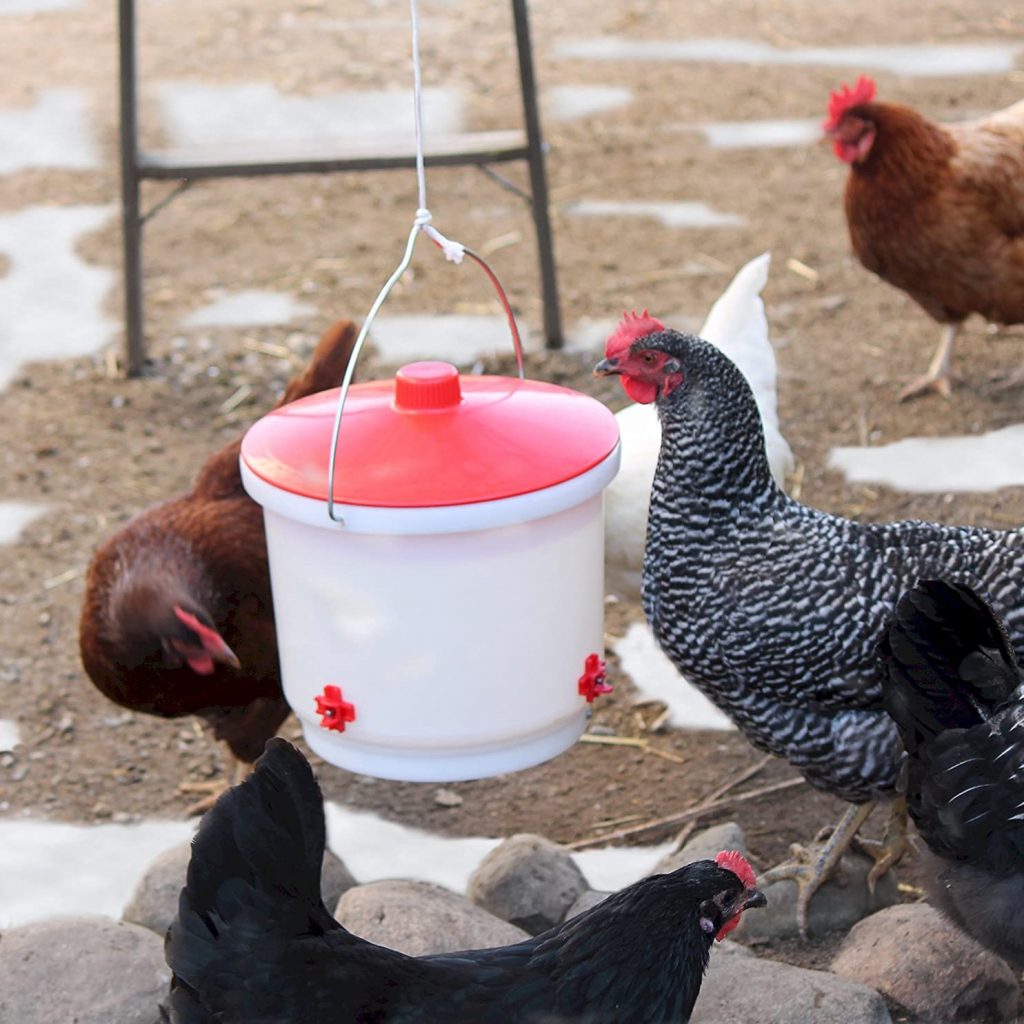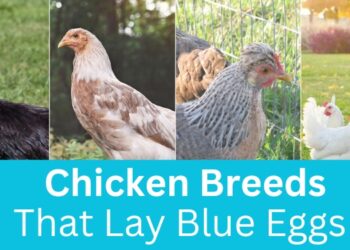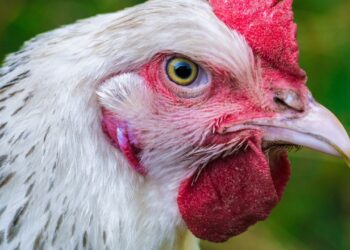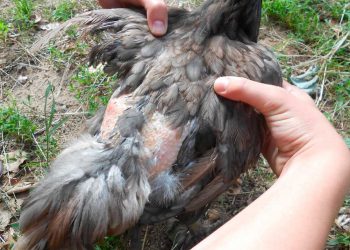The popularity of raising backyard chickens has been on a steady climb for years, peaking during 2020. But for many first-timers, feeding chickens properly is where their flocks tend to run into trouble.
With a carefully managed diet, you can maintain a healthy flock that will happily greet your every feeding time. Fail to do so, and you can expect reduced egg production, stress behaviors like feather picking, and increased incidences of disease.
To help make sure that you raise your flock right, here are some top tips to increase your chances of success.
Start With a High-Quality Chicken Feed
The cornerstone of your chickens’ diet should be high-quality commercial chicken food.
While you can have great success mixing your own, it can be a bit too much of a hassle for a beginner to take on. Stick a pin in that for when you have the basics of chicken nutrition well in hand.
Like most animals, chickens thrive on a mix of complex carbohydrates, vitamins and minerals, and especially protein. That last item is important for growing your birds and encouraging consistent egg laying.
That said, their exact requirements change throughout their lifespan.
Chicks, for example, must be fed chicken crumb from hatching to about five weeks old. You can have a look at what chicken crumb looks like to get an idea of how small these pellets are.
From 6 to 18 weeks, your chickens will hit their growth spurt. During this period you’ll want to give them what’s usually called “growers pellets” or “growers mash”, a type of feed formulated for this stage of development.
Once your chickens reach adulthood, you start feeding them “layers pellets” or “layers mash”. This feed tends to have even more protein than growers’ pellets in order to encourage consistent egg laying.
How to Feed Your Chickens
Ideally, you’ll want to feed your chickens off of the ground. In most residential spaces there isn’t enough room for chickens to roam freely.
This means they often end up living amongst their own droppings, which have the potential to contaminate any food that you toss on the ground.
This means buying a feeder is usually essential. Not only will it keep the food clean, but it will keep it safe from moisture and pests.

Feeding Chickens the Occasional Treat
While they should form the basis of the diet, pellets aren’t the only foodstuff you can give your chickens.
By and large, it’s safe to give your chickens some cooked human food like rice, pasta, beans, or bread as a treat from time to time. They also love healthy snacks like pumpkin (especially the seeds), broccoli, and apple cores.
Something as simple as a head of lettuce can be a snack for a source of enrichment, and chickens love tearing it apart.
As a rule, if it’s safe for humans then it’s safe for your chickens, at least in moderation. Exceptions to this rule include avocado, rhubarb, garlic, candy, and junk food.
Raising Healthier and Happier Birds
Feeding chickens isn’t a hard nut to crack once you know what you’re doing. And your feathered friends will thank you for it.
Not only will a hearty diet produce more energetic birds, but it tends to increase the size, quality, and quantity of the eggs they lay.
But of course, feeding is only one part of the equation. For all the information you need for your next backyard project, be sure to keep up with all of our latest lifestyle news and views.
Recommended Reading:









